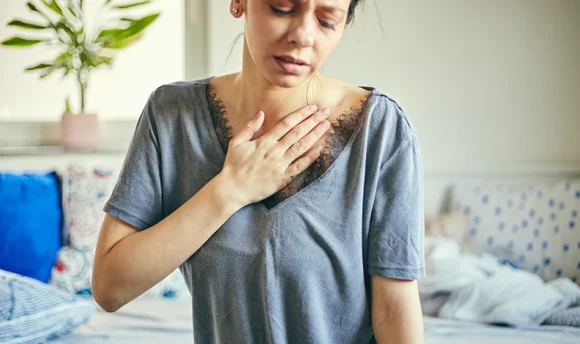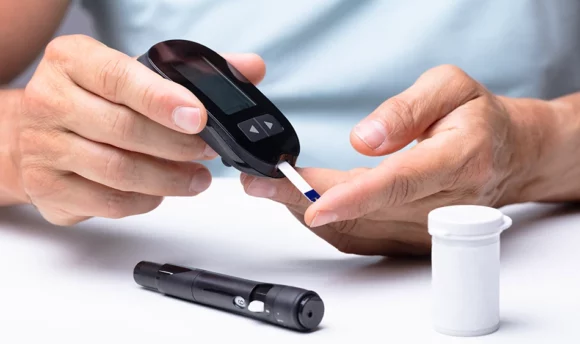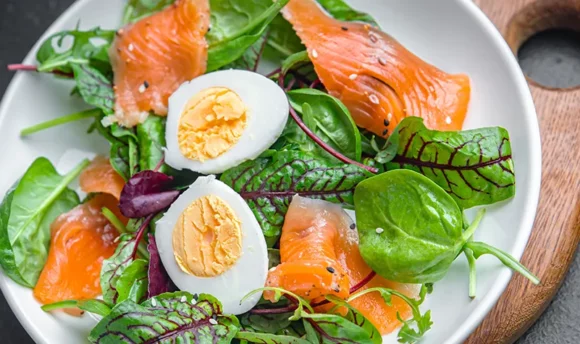Is Keto Diet Our Best Bet Against COVID-19?
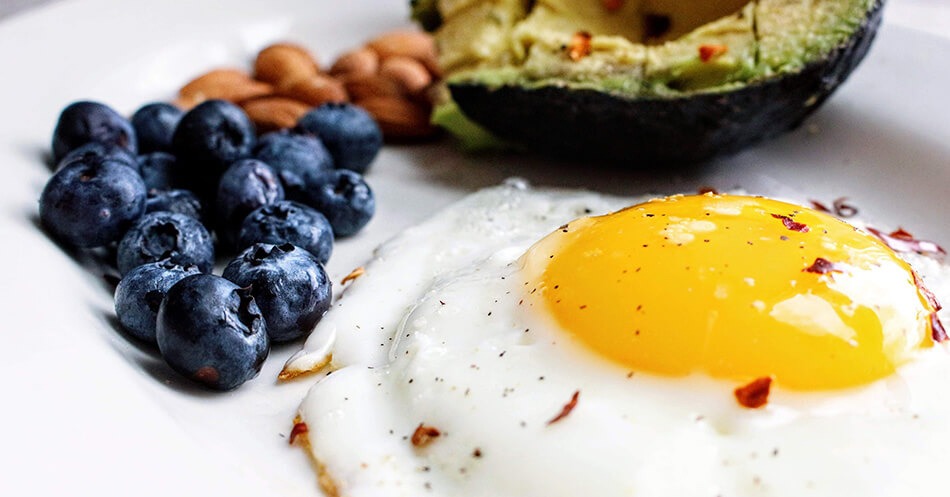
It has been almost three years since COVID-19 first appeared on a small scale in Wuhan, China. We’ve tried everything to contain it – from putting people under obligatory quarantine to inventing vaccines. Yet, with all sorts of mutations emerging, we must continuously adapt or invent new ways of keeping everyone safe.
However, you can do one straightforward thing to protect yourselves, maybe not from the virus itself but from serious health issues after contracting it.
And it all comes down to a good old lifestyle. To be precise, you can avoid painful COVID-19 consequences by simply changing what you eat.
But first things first.
Fact table:
#1 Mortality in COVID-19 patients has been linked to the presence of so-called “cytokine storms.”
#2 These storms can lead to pneumonia, acute respiratory distress syndrome, septic shock, and widespread tissue damage resulting in multi-organ failure and death.
#3 COVID-19 is especially dangerous for people with chronic inflammatory conditions like diabetes, hypertension, or obesity.
#4 Refined carbohydrates are known for causing inflammation in our bodies by spiking our blood sugar levels.
#5 A ketogenic diet and its anti-inflammatory traits may be considered the best way to contain COVID-19.
#6 According to research, a ketogenic diet can also improve respiratory function.
#7 Research suggests that a ketogenic diet can dramatically decrease the likelihood of death even among already hospitalized patients.
The Main Reason Behind Deaths in COVID-19 Patients
Mortality in COVID-19 patients has been linked to so-called “cytokine storms” when our immune system causes an uncontrolled and excessive release of pro-inflammatory signaling molecules called cytokines.
Their sudden surge can lead to pneumonia, acute respiratory distress syndrome, septic shock, and widespread tissue damage resulting in multi-organ failure and death.
This is especially problematic for people who struggle with diabetes, hypertension, cardiovascular diseases, or obesity. These conditions are characterized by chronic inflammation, which leads to a greater vulnerability of the host to new inflammatory situations, such as being exposed to viruses like COVID-19.
What’s the cure for all this, you ask? Simple. Ketogenic, low-carb diets.
Keto vs. COVID-19 and Inflammation
The science behind it is pretty simple. Research shows that refined carbs can cause inflammation in your body. They hit your bloodstream and spike your blood sugar. And elevated blood sugar creates an inflammatory response.
Knowing that viruses like COVID-19 cause inflammation by themselves and increase the surge of such pro-inflammatory proteins like cytokine, by eating refined carbs and fueling other inflammatory reactions, you are putting your body under extreme conditions. Especially those people who have pre-existing disorders.
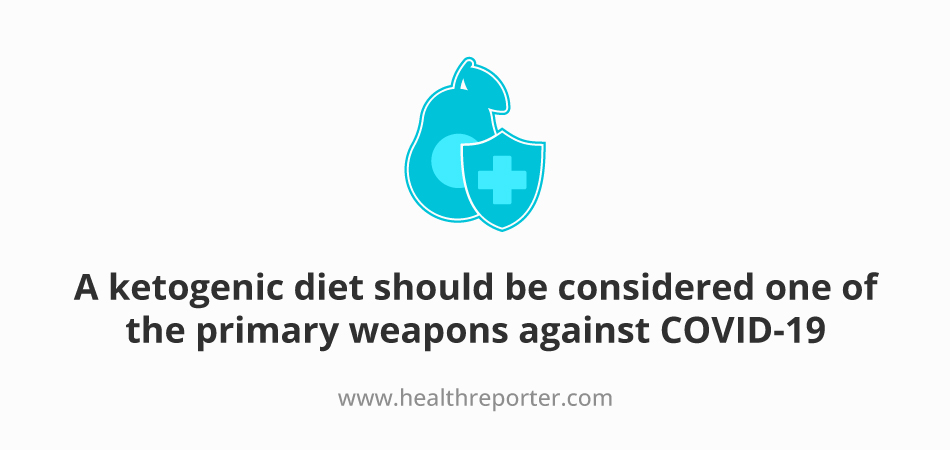
Thus, a ketogenic (low-carb, high-fat) diet can be one of the most efficient ways to contain COVID-19 and, most importantly, reduce the chance of cytokine storm since the inflammation won’t have the opportunity to feed off carbs.
Not only that, but it is well known that the ketogenic diet and ketosis protect healthy tissue against inflammations by increasing endogenous antioxidant capacity.
Keto also minimizes spikes in blood glucose and reduces circulating inflammatory markers in humans. A ketogenic diet is also capable of reducing neuroinflammation.
Research shows that these diets are also associated with improved respiratory function in overweight patients. After 10 days of a very-low-carb ketogenic diet (VLCKD), significant improvements in the functional residual capacity and expiratory reserve volume were observed.
As mentioned above, carbohydrates in your diet are like fuel for inflammation. Meanwhile, high-fat diets, such as keto, could be beneficial even for intensive care unit (ICU) patients undergoing artificial ventilation and even improve respiratory failure.
All this sounds great, but does it actually work in practice?
The short answer is “Yes.”
Keto for Hospitalized Patients
During the research done by Genoa University, it was found that a ketogenic diet can dramatically decrease the likelihood of death even among already hospitalized people.
Overall there were 102 participants. Sixty-eight of them followed a standard diet, and 34 were put under a ketogenic diet. Among the people who underwent a normal diet, the mortality rate was 27.9% (19/68). Amongst participants who followed a ketogenic diet, this rate was merely 8.8% (3/34).
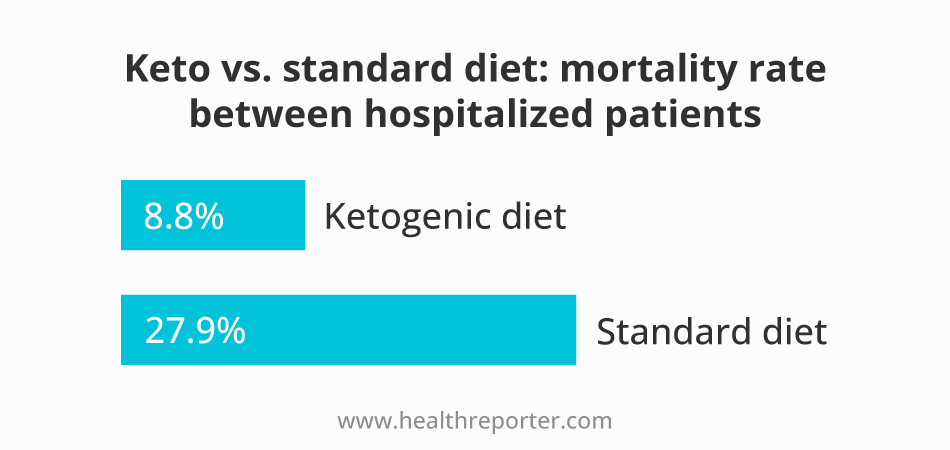
All these factors suggest that a ketogenic diet and its anti-inflammatory traits are crucial to containing and treating COVID-19. Even after contracting the virus, low-carb diets can diminish the after-effects and even save lives by reducing the chance of cytokine storm syndrome and other sidekicks of the coronavirus.

















































 Select your language:
Select your language: 






